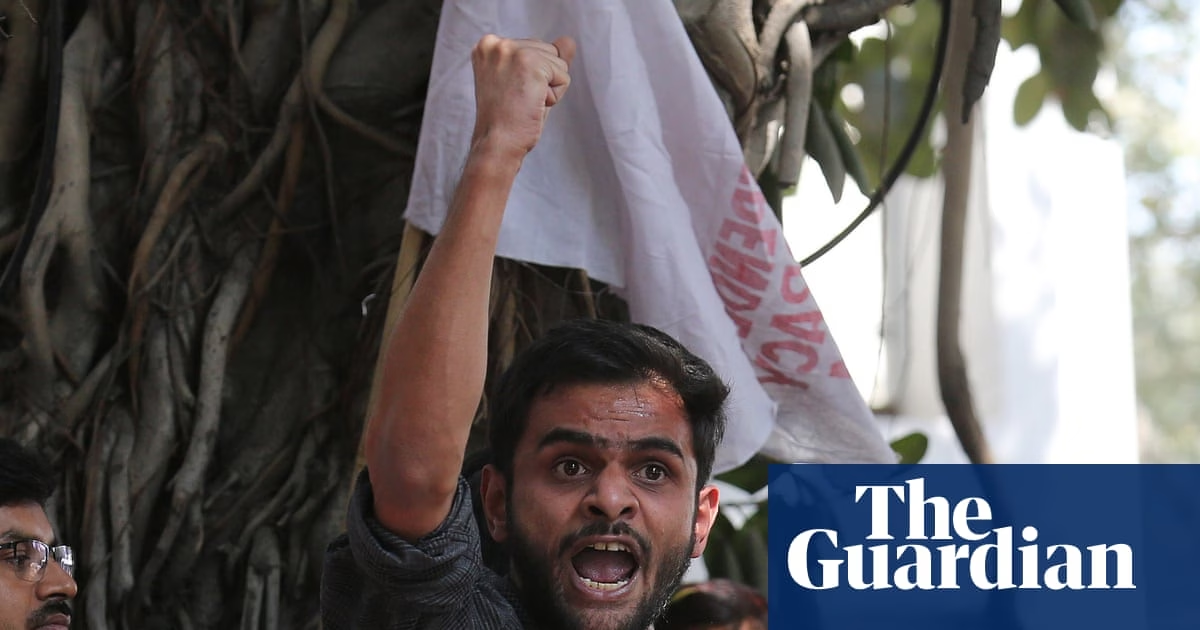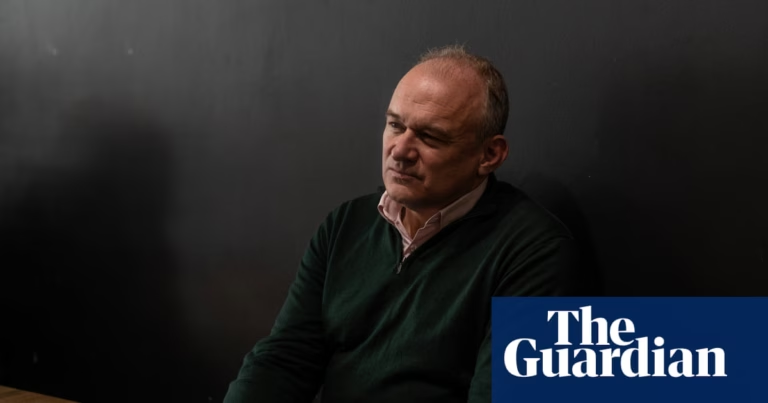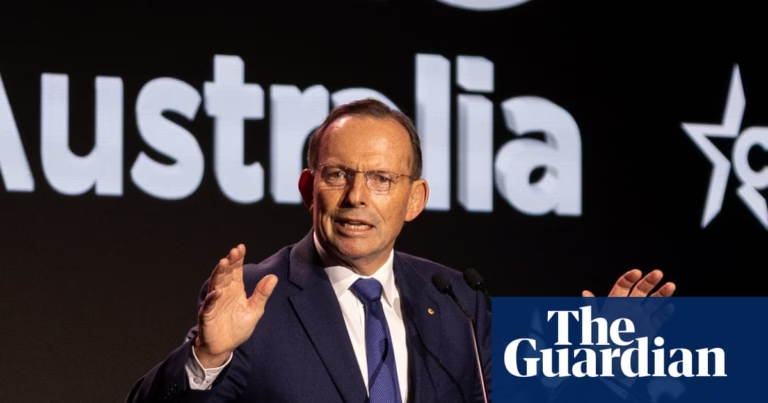“Indeed, there exists a profound sentiment regarding captivity that leaves one in a state somewhere between life and death,” wrote Umar Khalid in June, as his fifth year of incarceration approached.
No one understands the purgatory of jail quite like Khalid. For five years, since his arrest in September 2020 under a stringent terrorism law, he has remained India’s most prominent political prisoner, a symbol for many of the systematic crushing of dissent under the dominant Hindu nationalist regime of Prime Minister Narendra Modi.
This month, the Delhi High Court joined others in denying bail for Khalid and his alleged co-conspirators. His case now lies with the Supreme Court, but he continues to be detained in Delhi’s infamous Tihar jail without conviction.
A Muslim and leftwing activist, Khalid is accused of being a key conspirator in the Delhi riots, where violent religious mobs ravaged the city in February 2020. The majority of the 53 killed and several mosques burned to the ground during these riots were Muslim.
Before his arrest, Khalid had emerged as a face of an anti-government protest movement following the enactment of a citizenship law in late 2019, which was seen as discriminatory to Muslims. These protests marked the first widespread defiance of the Modi regime, and they were met with state-backed violence. Dozens were killed by police fire, and activists were detained and tortured.
Following these events, many former protest organizers began to be accused of terrorism, while figures linked to Modi’s Bharatiya Janata party—who had incited violence in Delhi just before the riots—remained unaffected by authorities.
Khalid denies all charges, with the case against him and other Muslim activists drawing scrutiny from lawyers and human rights groups. Large parts of the case rest on secret meetings and his membership in certain WhatsApp groups, where he made no posts. Khalid was not in Delhi when the riots occurred, and the speech he is accused of giving to rouse the riots was delivered more than 1,000 miles away in Maharashtra state. In this speech, he declared, “We won’t respond to violence with violence. We won’t respond to hate with hate. If they spread hate, we will respond to it with love.”
In many Delhi riots cases, judges have found the Delhi police to fabricate evidence, create fictitious witnesses, and force witnesses to record dictated statements.
Shuddhabrata Sengupta, a friend of Khalid’s, remarked that the Kafkaesque situation shows “the process is the punishment.” Sengupta pointed out that the message is clear: “If you are a Muslim in India today and stand up for your rights and peace, you will face persecution.”
In a statement on the fifth anniversary of Khalid’s detention, Amnesty International and other human rights organizations condemned his unjust detention and called for immediate action regarding his release.
Khalid’s prolonged detention showcases how justice in India has been derailed, making a mockery of international human rights principles, according to Aakar Patel, the head of Amnesty India. His detention is not an isolated case but symbolizes a broader pattern of oppression against those who exercise their rights to freedom of expression, association, and peaceful assembly.
Before his arrest, Khalid served as a thorn in the side of the Modi government, vocal against rising anti-Muslim hatred and persecution. In 2016, he was briefly detained on sedition charges after a protest against capital punishment gained national media attention.
Khalid’s partner, Banojyotsna Lahiri, described the targeted campaign of hate against him by Indian media who often labeled him “anti-national.” In 2018, two men tried to assassinate Khalid as a “gift for India.”
Lahiri was not surprised by his arrest in 2020 but did not anticipate his continued detention. She maintains hope and battles for democracy, believing the truth will ultimately prevail.
Each week, Lahiri visits Khalid, ensuring they maintain a joyful conversation. She supplies him with books, estimating he has read over 300 during his incarceration.
Khalid remains resolute and at peace, thanks to the solace of books and the support of fellow prisoners. Despite acknowledging the challenges of nurturing hope in jail, he says he is often amazed at his ability to survive in such confined spaces.
Source: https://www.theguardian.com/world/2025/sep/20/umar-khalid-five-years-in-jail-without-trial-india







